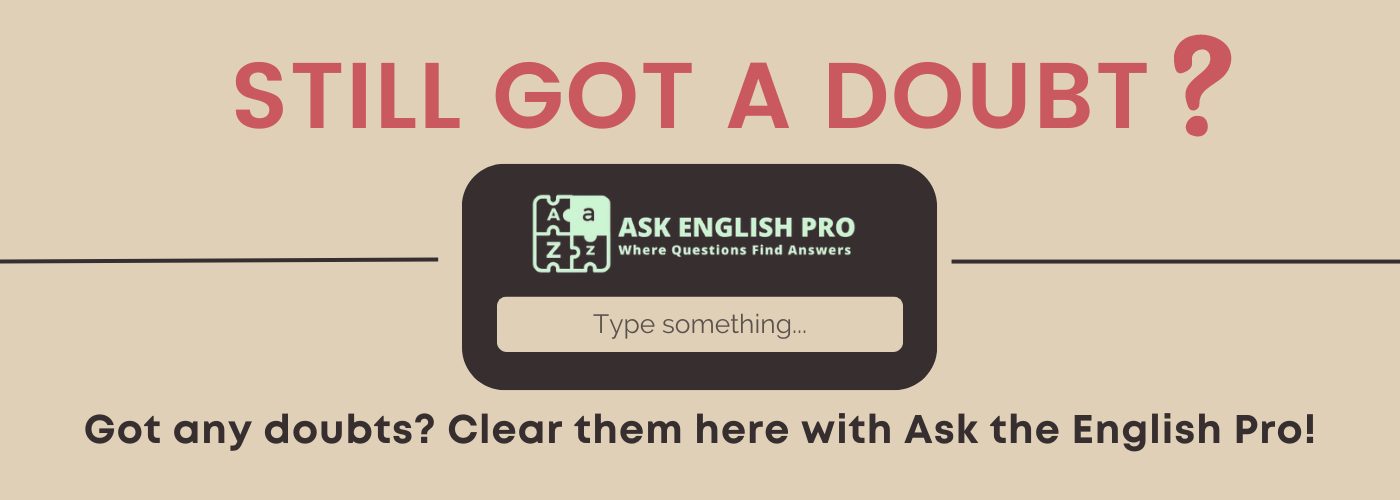Detailed Article for the Word “Scrutinize”
What is Scrutinize: Introduction
Imagine a jeweler inspecting a diamond under a magnifying glass, or an editor carefully combing through a manuscript—“scrutinize” captures this level of intense examination. To scrutinize something is to inspect it with meticulous attention to detail, often to evaluate its authenticity, quality, or accuracy. In our age of information overload, where facts are checked and claims are questioned, scrutinizing has become a crucial skill, ensuring that what we see, read, and believe stands up to careful inspection.
Origin and History of the Word Scrutinize
“Scrutinize” originates from the Latin word “scrutinium,” meaning “a search or inquiry,” which itself comes from “scrutari,” meaning “to search” or “to examine thoroughly.” In Medieval Latin, “scrutinium” referred specifically to the “searching of baggage” at customs checkpoints. The term entered English in the early 17th century, first used in legal contexts to describe detailed investigations. Over time, scrutinize broadened to mean any careful, thorough inspection, from analyzing evidence to reviewing fine details in art, science, and everyday life.
Meaning and Definition of Scrutinize
Scrutinize (verb):
- To examine or inspect closely and thoroughly
- To look at or study something in careful detail, often to assess quality or correctness
- (In a critical sense) To question or probe rigorously
Usage note: “Scrutinize” implies a degree of suspicion or critical assessment, beyond mere observation.
How to Pronounce Scrutinize
SKROO-tuh-nize
How to Remember Scrutinize: Memory Tips
Think of “scrutinize” as having “scrut” like “scrutinous,” suggesting a careful “scouring” or intense look. Visualize a detective examining a clue under a magnifying glass, symbolizing the detailed inspection implied by “scrutinize.” Another aid is to remember “scrutiny,” the noun form, as it often describes a careful or critical investigation.
Scrutinize in a Sentence: Examples and Usage
- Academic: Researchers scrutinize the data to ensure its reliability before publication.
- Business: The financial analysts scrutinized every expense to identify potential cost-saving opportunities.
- Legal: The lawyer scrutinized the contract for any hidden clauses that could affect her client.
- Scientific: The biologist scrutinized the microscope slide, searching for any signs of cellular activity.
- Artistic: Art historians scrutinize paintings to authenticate their origins and verify their creators.
- Everyday: Before signing, she scrutinized the lease agreement to avoid unexpected charges.
- Political: Media outlets scrutinize political statements for accuracy and potential bias.
Difficulty Level of Using Scrutinize
Intermediate:
- Often used in professional, academic, and formal contexts
- Requires understanding of critical or detailed examination
- Usage conveys a sense of careful or intense investigation
Modern Usage of Scrutinize in Contemporary Context
In today’s world, scrutinizing plays a key role across many fields, as it involves evaluating details and ensuring accuracy and integrity:
Business and Finance:
- Financial audits often require companies to scrutinize records to comply with regulations and prevent fraud.
- Investors scrutinize market trends to make informed decisions about asset allocation.
Scientific Research and Academia:
- Peer review in academia involves scholars scrutinizing research papers to validate findings and ensure scientific accuracy.
- In clinical trials, researchers scrutinize data to confirm that results meet ethical and medical standards.
Media and Public Life:
- Journalists scrutinize public figures’ statements to hold them accountable for truthfulness and transparency.
- Social media platforms are scrutinized for privacy practices and the handling of user data.
The act of scrutinizing helps maintain accountability, promotes transparency, and ensures the reliability of information across industries. In a world where fact-checking is essential, “scrutinize” remains central to professional, academic, and everyday contexts.



















